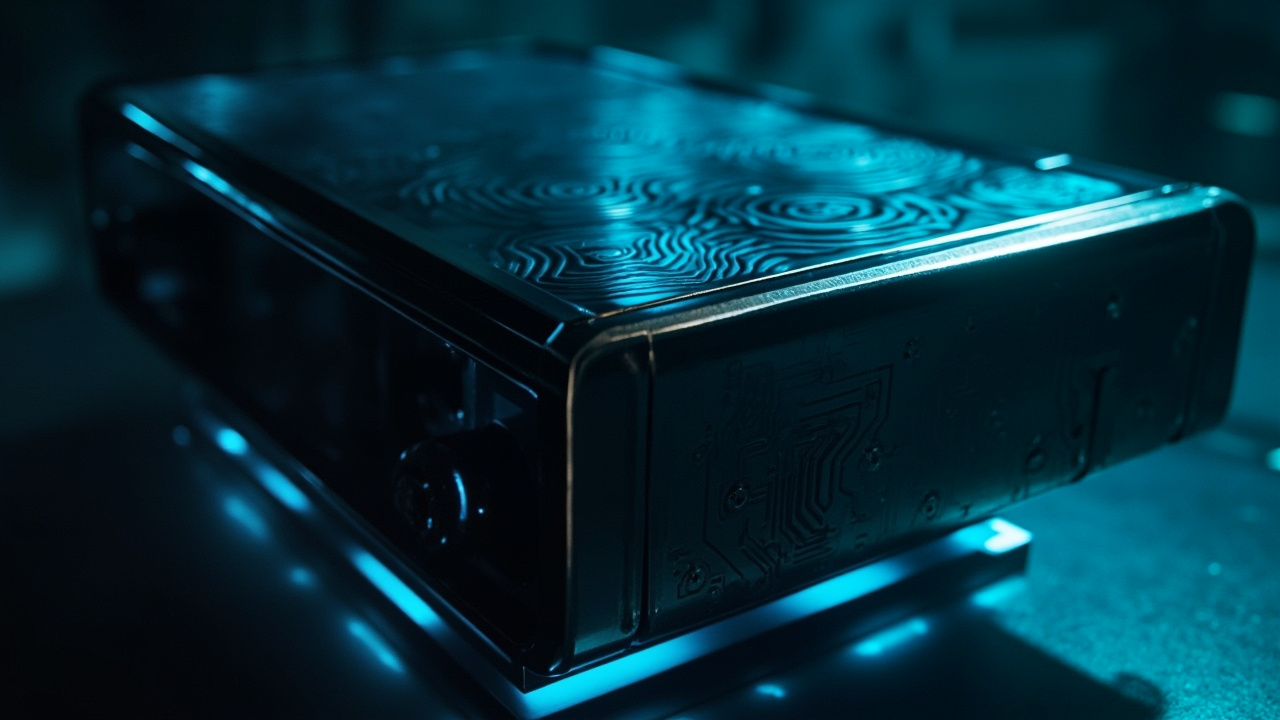Google Pixel 10 Series Revives Adaptive Tone Feature

Google's decision to reintegrate Adaptive Tone in its upcoming Pixel 10 series signifies a robust attempt to enhance user experience through technology. Initially introduced as Ambient EQ in the Pixel 4, the feature aimed to dynamically adjust display white balance in response to ambient lighting conditions, albeit with mixed results. This revival speaks volumes about Google’s commitment to deliver a visually nuanced user interface that could not only elevate everyday interactions but also establishes a precedent for user-friendly adaptations in the smartphone ecosystem.
From an innovation standpoint, Adaptive Tone has the potential to disrupt traditional premium smartphone features, particularly when juxtaposed with competitors like Apple, whose True Tone function has been widely praised. The integration of the new ams TMD3743 ambient light and color sensor places Google in a position to refine this functionality, creating opportunities for a richer viewing experience that conforms to varying lighting. This strategic move can be viewed through the lens of broader tech trends such as personalized computing and AI-enhanced experiences, where edge computing and low-latency networking are becoming paramount. However, a critical question remains: will this second comeback of Adaptive Tone resonate with consumers who have already expressed skepticism regarding its utility?
While the revival of Adaptive Tone holds promise, it is essential to consider the potential risks and challenges that may accompany this innovation. High customer expectations set by previous iterations might evoke a sense of caution, potentially leading to disappointing reception if the feature does not live up to its promises this time around. For competitors, this development intensifies the arms race of features among leading smartphone manufacturers while challenging investors to assess the long-term viability of Google's shift toward user-centric innovations. In conclusion, as the tech landscape continues to evolve—with adaptive technologies and user experience at the forefront—companies like Google must navigate the delicate balance between innovation and reliability to foster sustained consumer adoption.
Read These Next

IBM Unveils Large-Scale Fault-Tolerant Quantum Computer, Starling
IBM announces the development of the Starling system, a large-scale fault-tolerant quantum computer with significant processing capabilities, planned for 2029.

Controversial Pet Product Ad Features Cleats for Cat Kitchen Knives!
A pet product ad showing a cat cut by a knife sparked outrage, leading to an apology from Homan Technology's founder on June 10.

IBM and Roche Partner on AI-Driven Blood Sugar Tool
IBM and Roche unveil an AI-driven tool for diabetes management, emphasizing predictive capabilities to significantly enhance patient care and safety.
